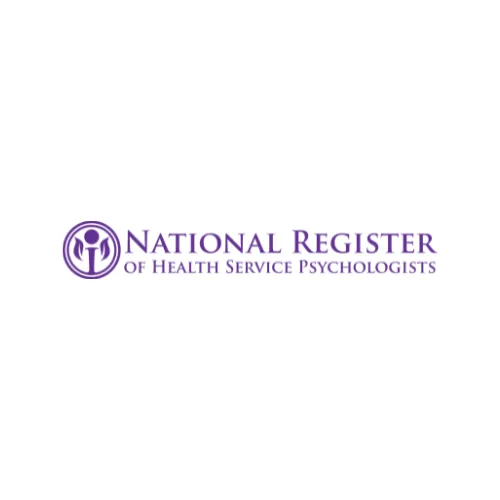Your brain healthier and more balanced
Tap into easy and proven neuroscience techniques through four simple strategies.

Your brain healthier and more balanced
Tap into easy and proven neuroscience techniques through four simple strategies.




Let's travel together.
The journey to a healthy brain and mindset
begins on the path of self-love and balance.
Meet Dra. Myrelis Aponte
Neuropsychologist, Mental Health Coach, CEO of Vital Development and Author

Licensed clinical psychologist and former associate professor of the Ana G. Méndez System, as well as a doctoral faculty at the Inter-American University of Puerto Rico.
Dr. Myrelis Aponte is a recognized professional in the clinical field in which she has received numerous awards. She is also known as a lecturer and coach both in the USA and in Puerto Rico with international clients and followers.
Now in her new phase as an author, she brings her theories on homeostasis to the general public through her books to help everyone achieve mental and emotional balance.
Meet dra. myrelis aponte
Neuropsychologist, Mental Health Coach, CEO of Vital Development and Author
Licensed clinical psychologist and former associate professor of the Ana G. Méndez System, as well as a doctoral faculty at the Inter-American University of Puerto Rico.
Dr. Myrelis Aponte is a recognized professional in the clinical field in which she has received numerous awards. She is also known as a lecturer and coach both in the USA and in Puerto Rico with international clients and followers.
Now in her new phase as an author, she brings her theories on homeostasis to the general public through her books to help everyone achieve mental and emotional balance.
Books
Dr. Myrelis's books will help you through reflection and self-analysis to have a full life in which you maintain stability and balance.
Happy Brain | Happy Life
Brain hacks for women's wellness & homeostasis


Homeostasis
Take control of your life - a guide for reflection and self-analysis to help you have a full life in which you maintain stability and balance. Learn how to achieve it based on 3 main keys:
Body Intelligence- Learn to listen to your body and identify your physiological needs.
Emotional intelligence- Discover how your experiences influence your behavior.
Social intelligence- Identify your role in society and how to positively influence those around you.
Testimonials
In the Masterminds sessions in which I participated with Dr. Myrelis, I received tools that have helped me continue to develop personally and professionally.
Ivonne Villegas Santos
Founder of HomeWorld School
Not only is Dr. Myrelis's message charged with conviction and passion, it is also conveyed with a rare and much-needed temperance that leads to mental transformation. The integrity of her message makes her a great modern change agent!
Dr. Lourdes Allen
Author & Speaker
Education Consultant
“The workshops and conferences with Dr. Myrelis are the practical application of scientific knowledge for strategic success. "
Dra. Laura Trinidad
Psychologist and Professor
FAQS
What is brain health coaching, and how does it work?
Life coaching is a dynamic and collaborative process focused on helping individuals identify and achieve their personal and professional goals. It involves a series of one-on-one sessions with a trained life coach who provides guidance, support, and accountability. Coaches use a variety of techniques and tools to help clients gain clarity, set actionable goals, and develop strategies to overcome challenges. The coaching process is highly personalized, tailored to each individual's unique needs and aspirations, and it empowers clients to make positive changes in their lives.
How long does a typical brain health coaching engagement last?
The duration of a coaching engagement can vary based on individual goals and needs. Some clients find value in a few sessions focused on specific issues or challenges, while others may engage in longer-term coaching to achieve more substantial personal or professional transformations. Typically, a coaching relationship may last anywhere from a few months to a year or longer. It's essential to discuss your objectives and expectations with your coach to determine the best timeline for your coaching journey.
What makes Desarrollo Vital and Dr. Myrelis different from other coaching services?
Dr. Myrelis and Desarrollo Vital distinguishes itself through a client-centric brain based approach that prioritizes your brain and body unique needs and goals. Dr. Myrelis is a well experienced coach and is dedicated to providing a supportive and empathetic environment that fosters growth and transformation. We also offer a wide range of neurocoaching specialties, ensuring that you receive the expertise that aligns with your specific objectives, whether they involve personal development, career advancement, or relationship improvement. Additionally, our commitment to flexibility means that our coaching adapts to your pace and preferences, ensuring a transformative experience tailored just for you.
